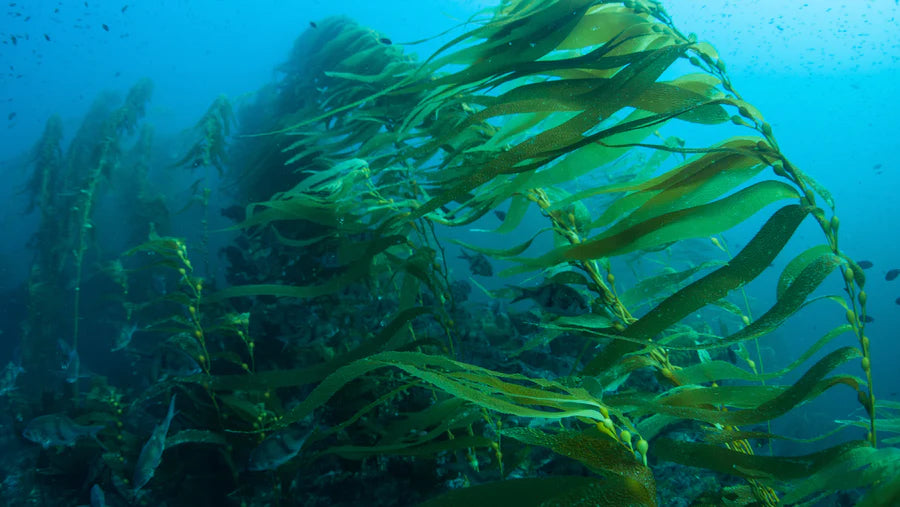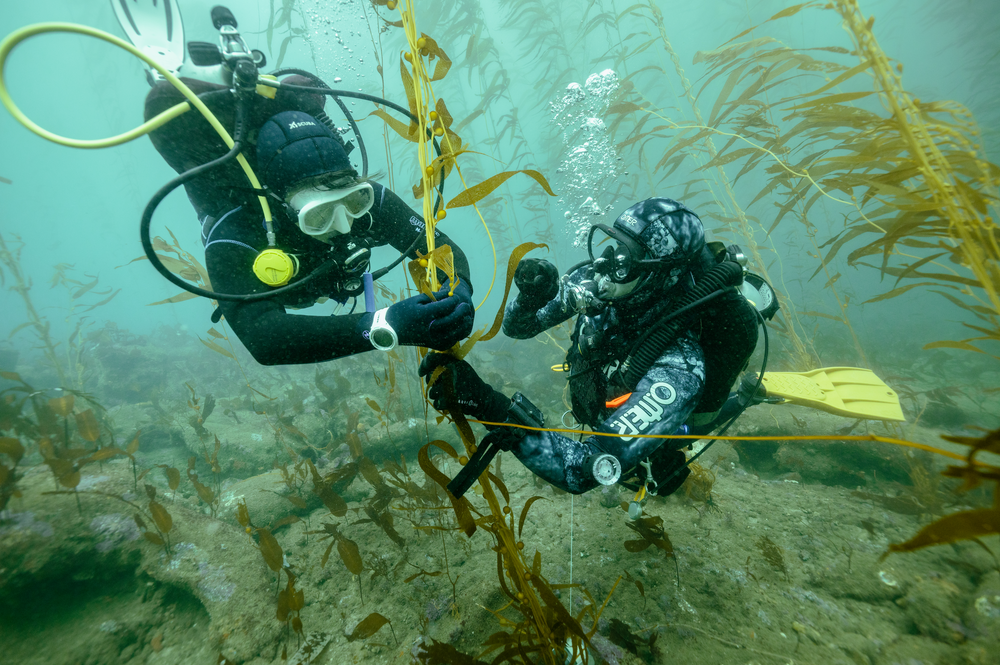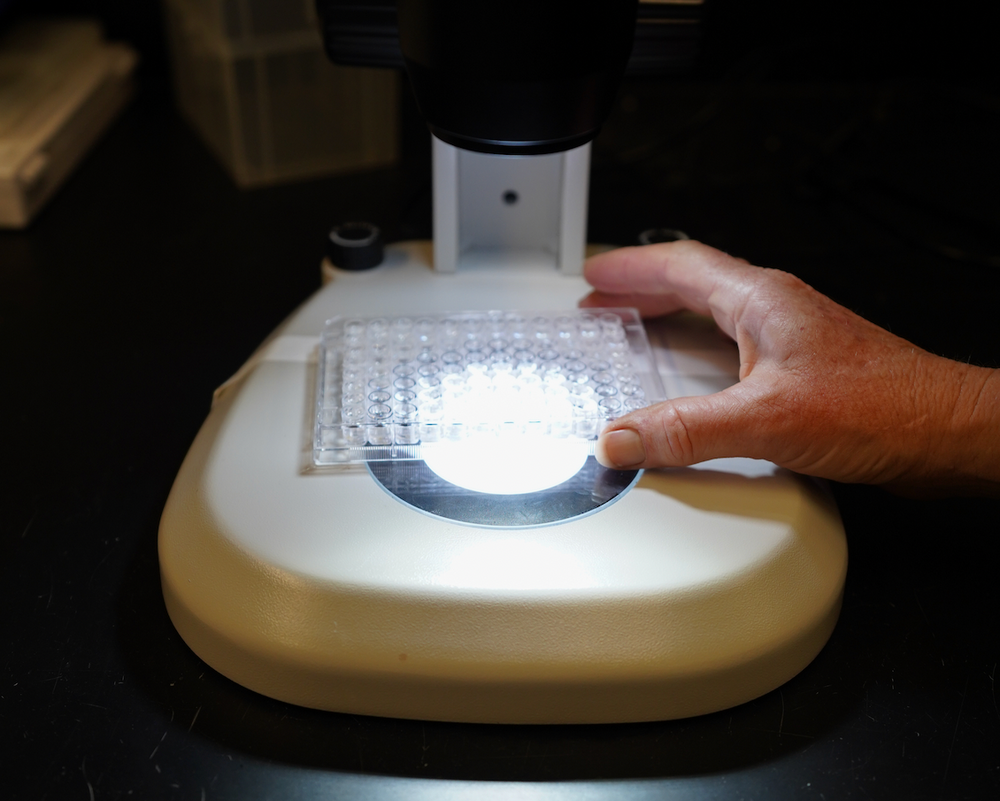
Defining the future of Kelp Forest Restoration
Kelp forests can sequester carbon at a high rate, and carbon finance could fund kelp forest restoration projects globally.
BUT
Scientists cannot yet fully quantify carbon sequestration from kelp forests, and this holds back funding and policy development around kelp forest restoration.
Our Solution
Our $1.5M scientific study could unlock hundreds of millions of dollars for global kelp forest restoration.
Through an ambitious combination of science, policy and market mechanisms.
This is embodied in the BLUE+ idea
- Scientific research on kelp forest carbon
- Carbon market methodology development for long-term funding
- Policy development that values carbon, biodiversity, fishing, tourism, etc.

BLUE+ Methodology
1. A new methodology for kelp forest conservation
- Carbon is the largest driver, but other benefits also matter
2. Measures multiple benefits of kelp forests
- Carbon sequestration
- Biodiversity conversation
- Fishing, tourism, recreation
- Cultural heritage
3. Combines funding streams
- Carbon finance from Verra VCUs
- Local community funding and in-kind support
- Fishing and tourism revenue
- Government funding

Key Science Questions
Kelp forests are highly dynamic ecosystems with complex carbon accounting. Only a multi-year study with multiple PI's studying biological, chemical and physical oceanography can quantify carbon sequestration with enough accuracy to produce a viable methodology.
1. Quantify atmospheric CO2 sequestered permanently in
the ocean
- Air-sea gas exchange
- Export of carbon to sediments and deep ocean
- Seasonal variability of kelp forests
- Effects of large storm events
- Carbon export via refractory DOC
2. Quantify carbon contained in a healthy kelp forest
- Total carbon conserved through kelp forest management
Partners
Methodology Development Lead - Dr. Steve Crooks
- Co-Founder, Silvestrum Climate Associates
- Lead developer for Blue Carbon methodologies for Verra. (e.g VM0033)
- Leader of the SeaScape Carbon Initiative for Verra










